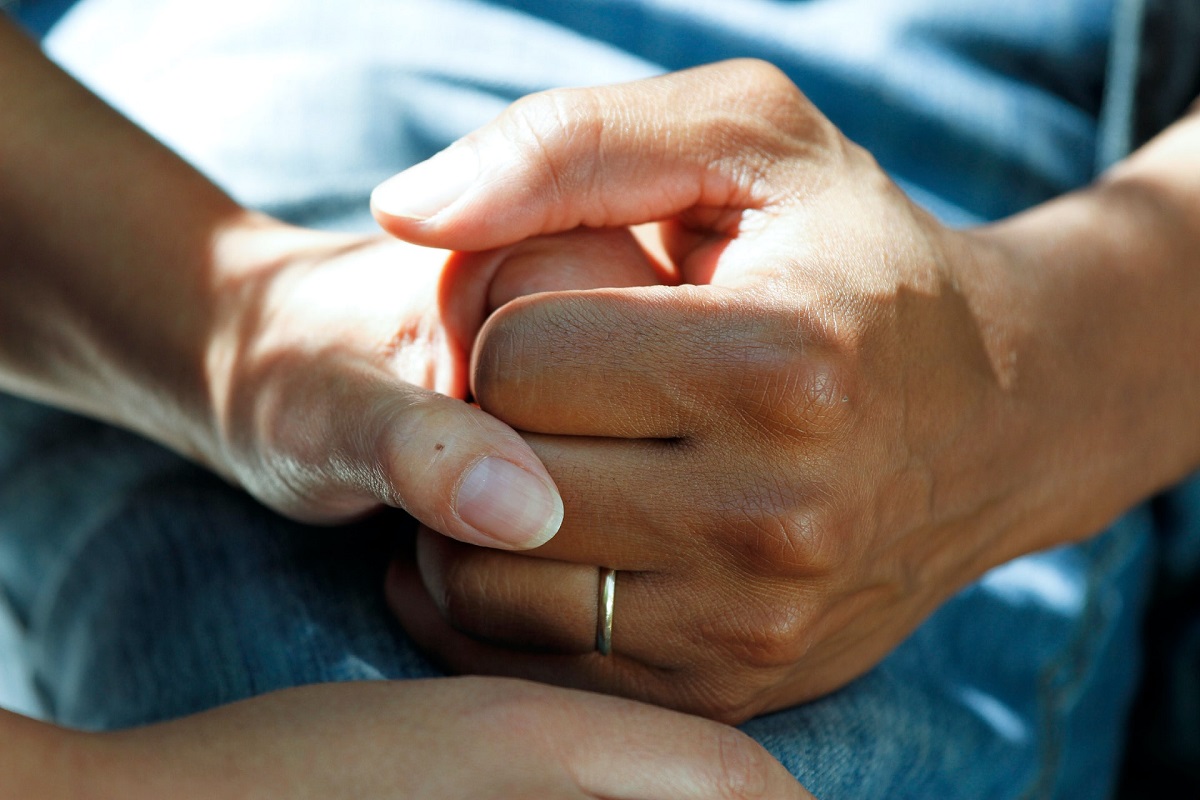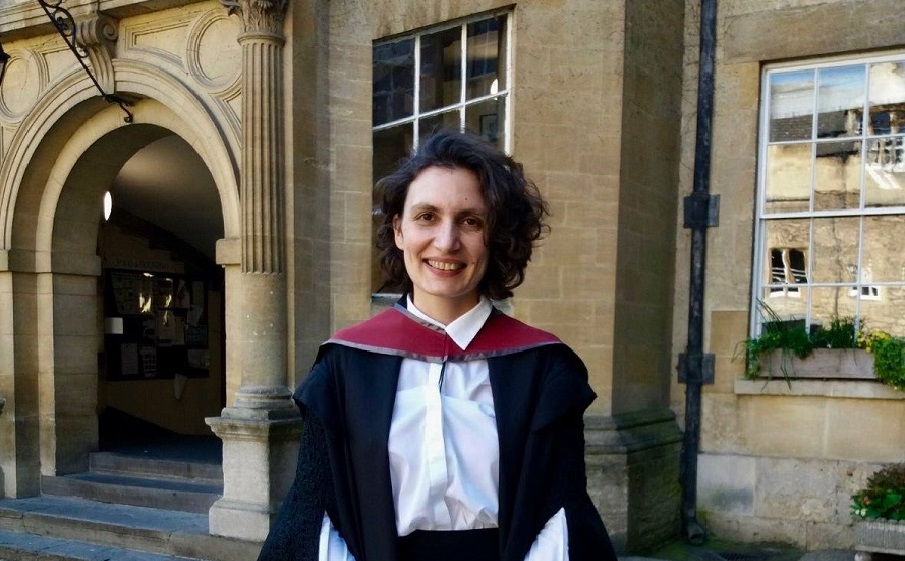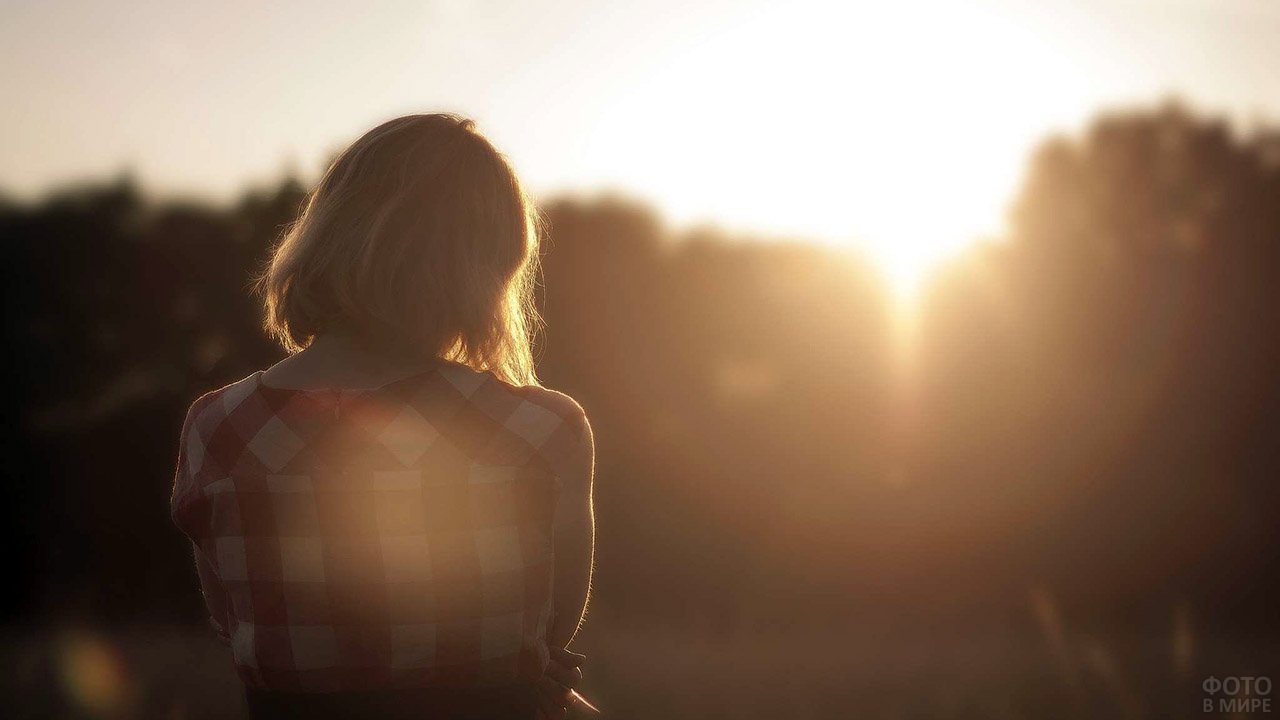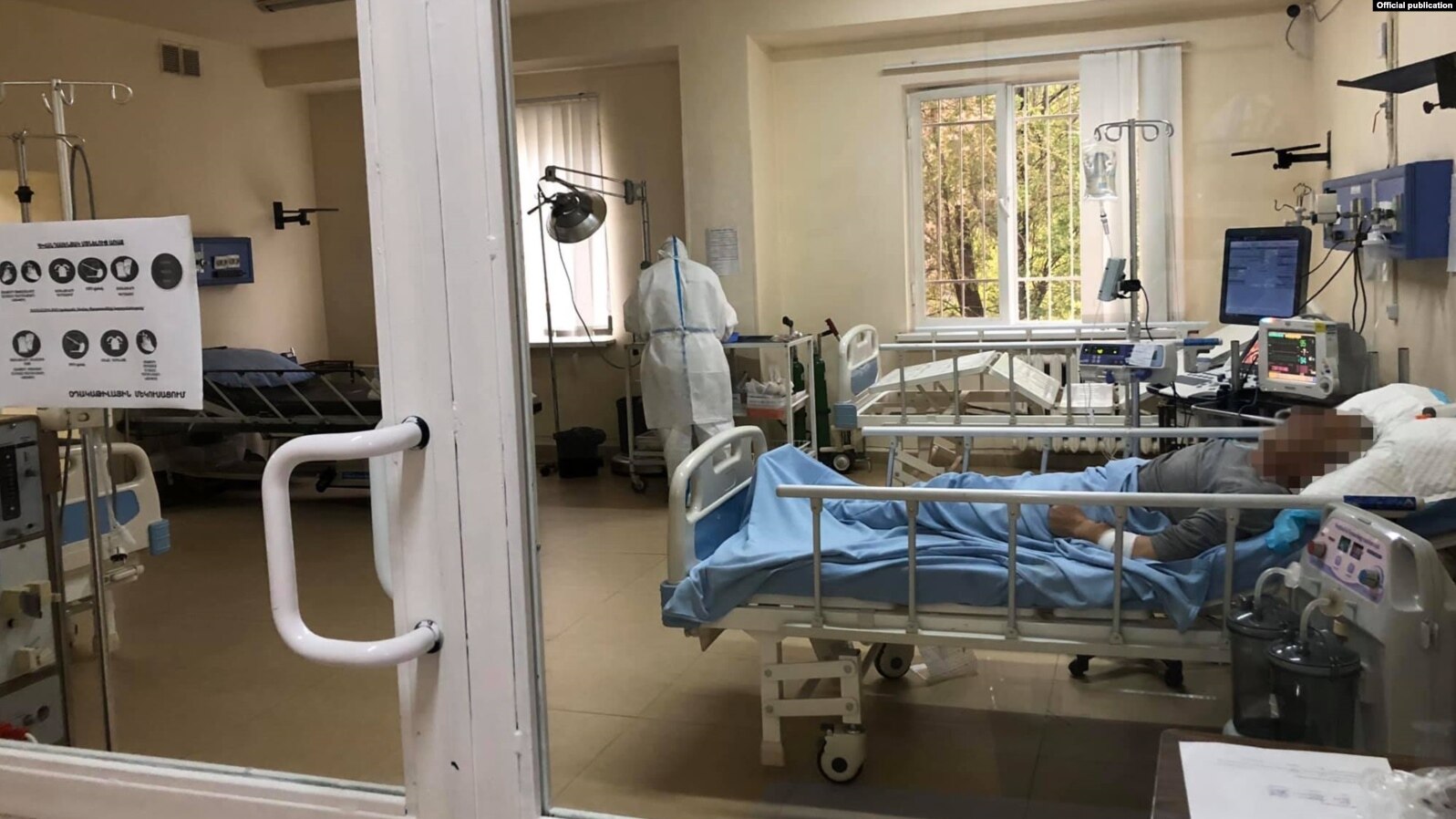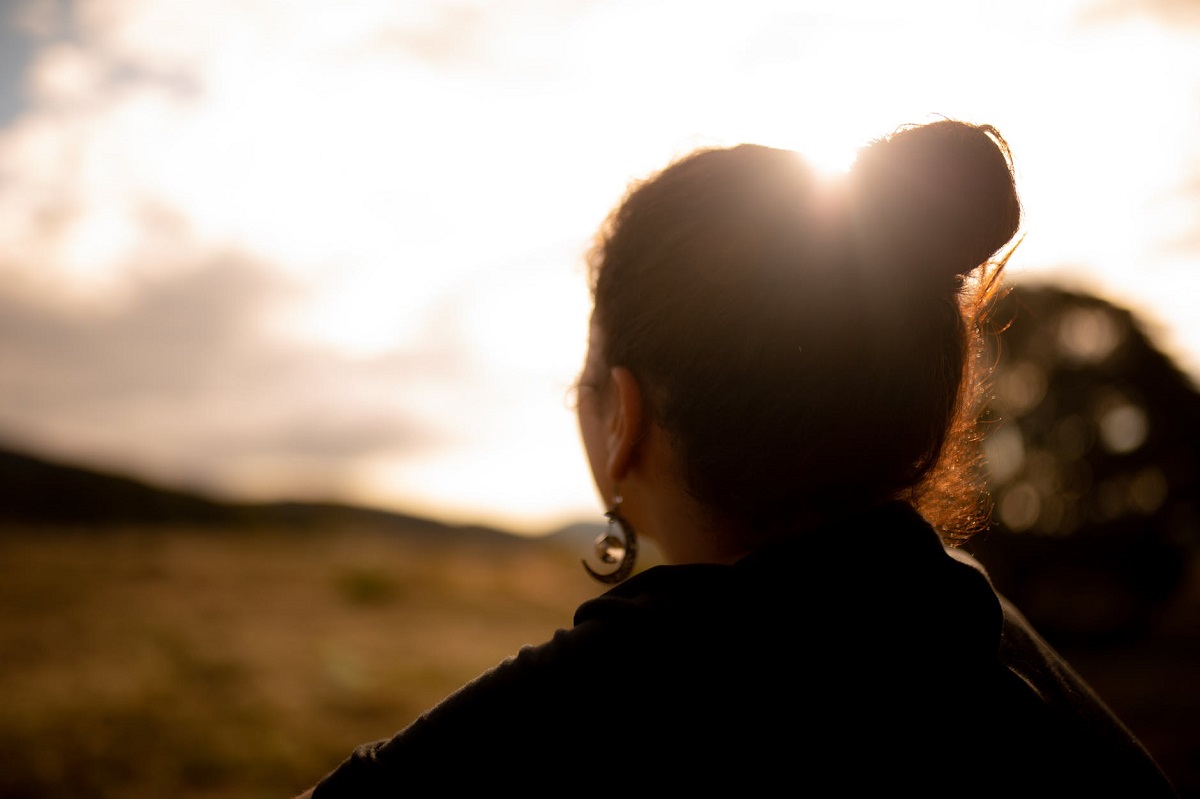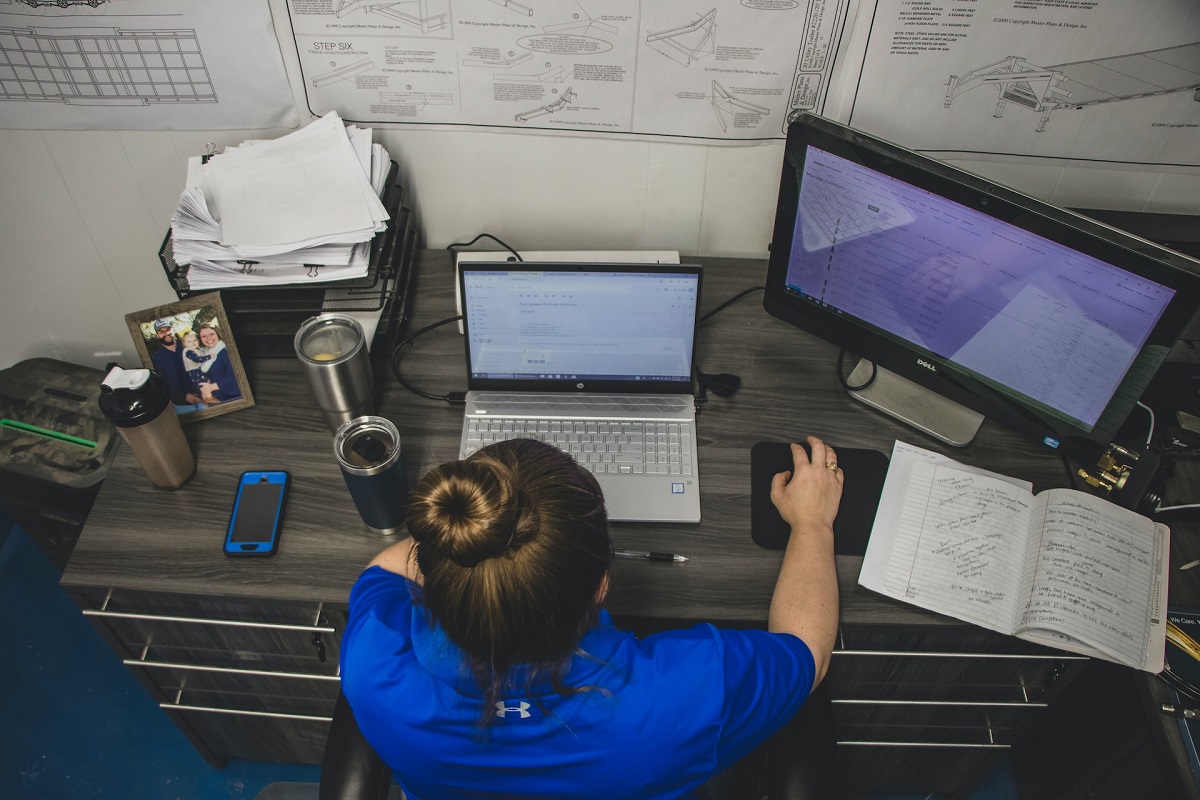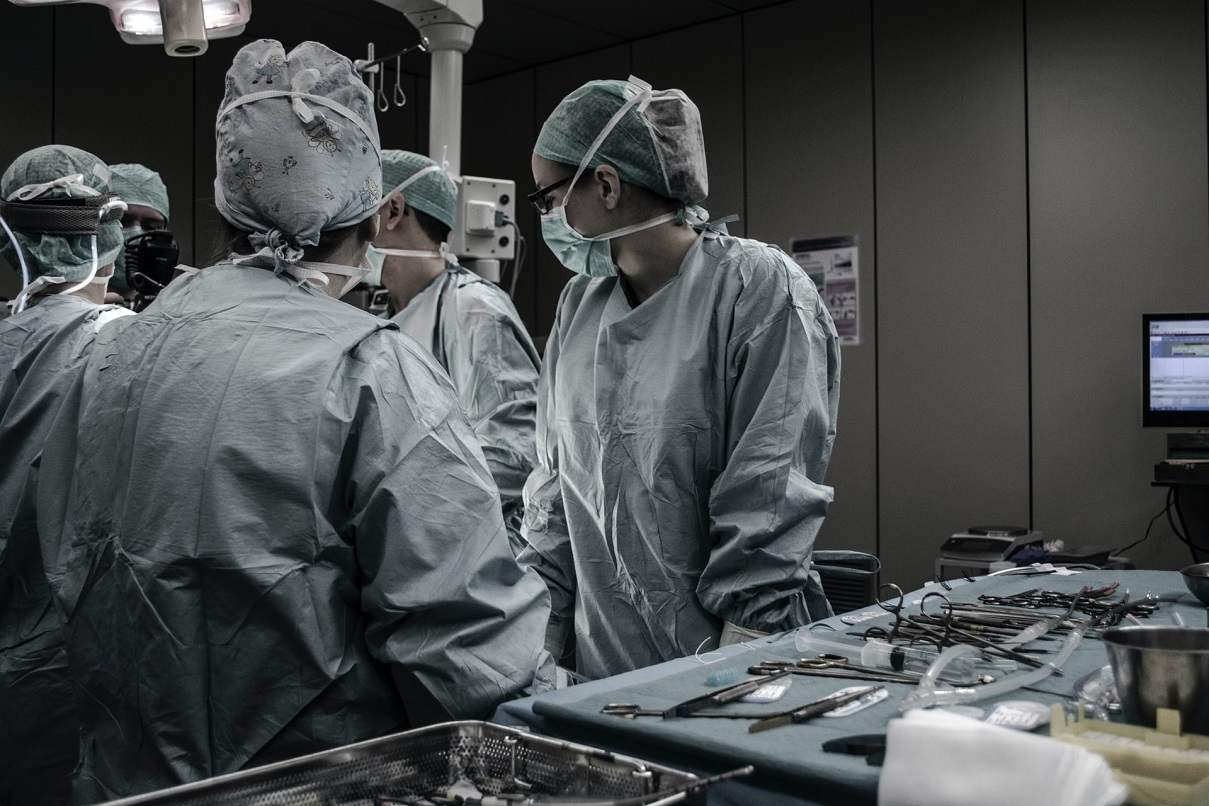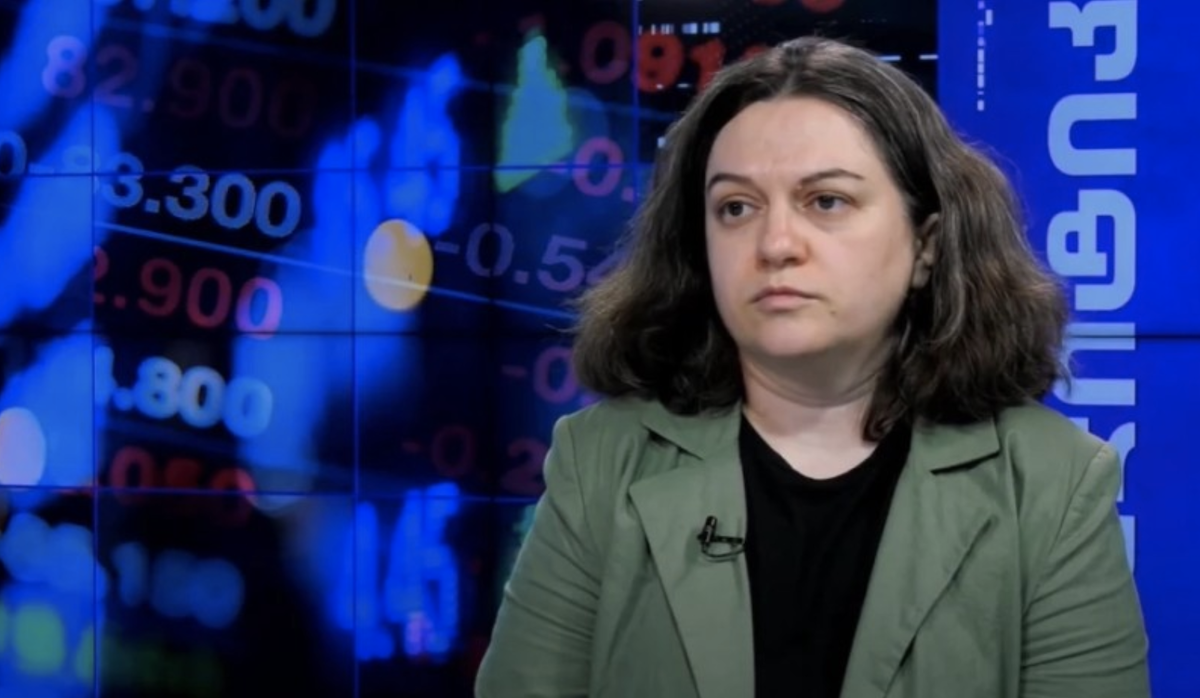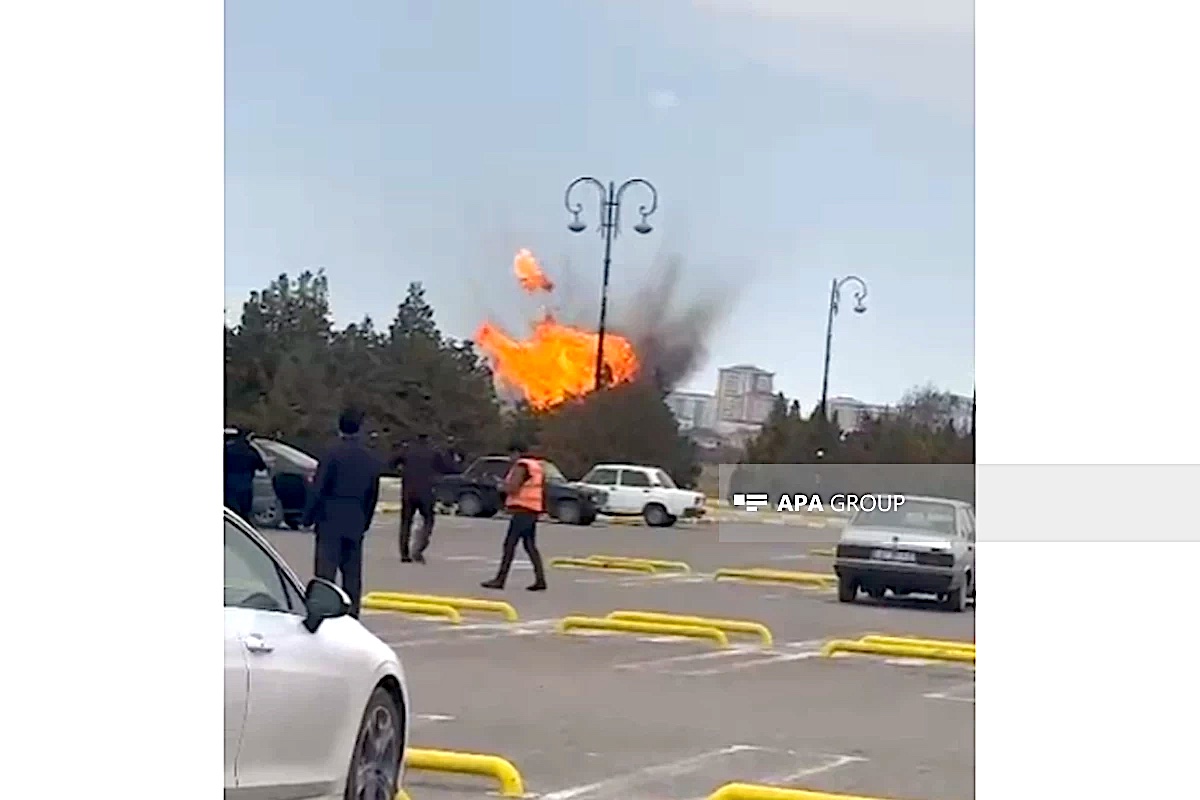“Cancer can be beaten”: personal stories from Armenia
Stories of cancer survivors
The percentage of cancer cases in Armenia has been growing in recent years, even among the young. While in 2020 there were 6,934 cases, in 2021 cancer was diagnosed in 7,640 people. More than half are women.
According to the National Institutes of Health, 55 percent of patients sought medical help in the third or fourth stages of the disease. Only 44 percent were detected in the early stages, which, according to doctors, increases the chances of recovery.
“Cancer can be defeated if you believe that you will recover”, “cancer is not a death sentence, it does not necessarily kill”, “after cancer treatment you can return to normal life”, those who have overcome the disease say. Personal stories about cancer treatment in Armenia.
- How children with cancer are treated in Armenia. Spoiler: 75 out of 100 recover
- Every life matters: how people and animals save each other
- Pain, suffering and fear – What is the ‘Armenian’ genetic disease?
“These are temporary problems, I will recover”
Astghik Zakaryan found out about her illness at an early stage and was able to beat it, though it took a long time to be treated.
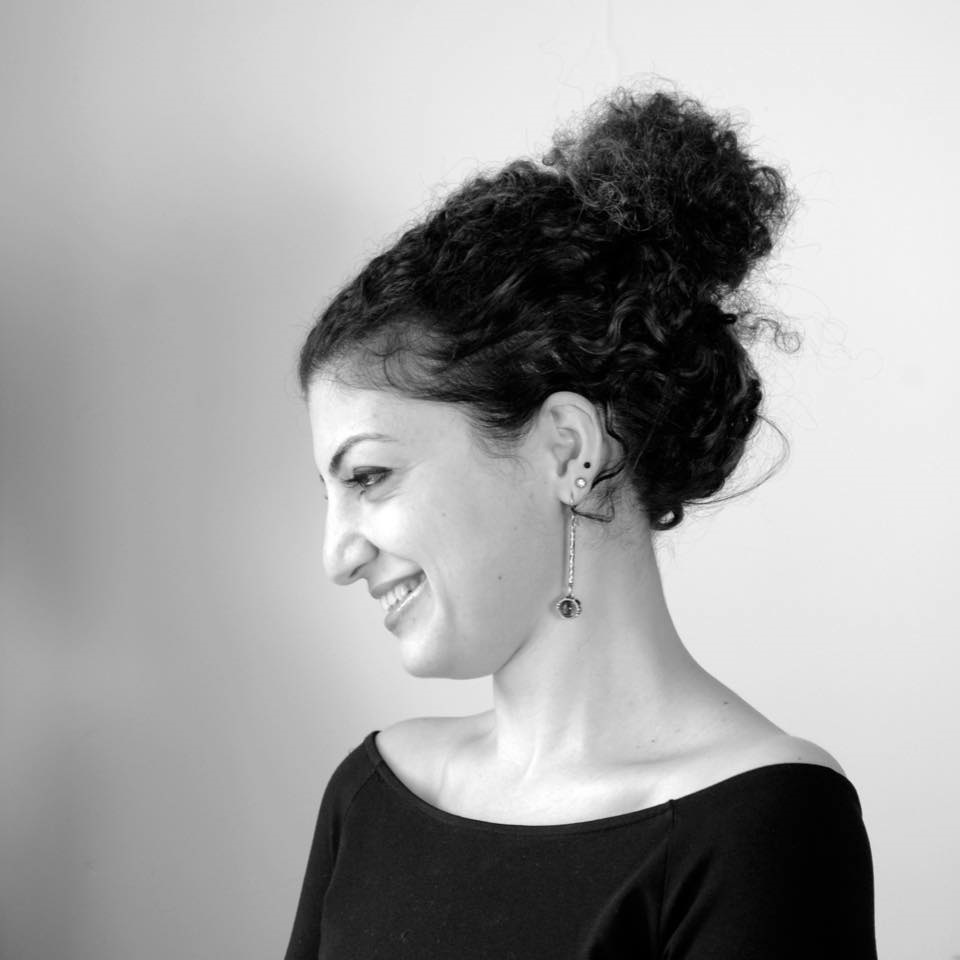
Every year she underwent a mandatory preventative medical examination, and a malignant tumor was discovered during one examination.
“No one in my parents’ families had cancer. That is, there was no hereditary predisposition. And I never thought that one day I might be diagnosed with this disease. But in our family everyone is consistent in matters relating to health. We all have to go for a physical examination once a year. And I had a breast exam. Luckily, this was the earliest stage of the disease. It saved me. If discovered later, the treatment would have been complicated or impossible,” Astghik says.
She had to be treated for more than a year, undergoing eighteen chemotherapy courses in Armenia and an operation in Moscow.
“When a problem is detected early, treatment is not only more effective but also cheaper,” Astghik says.
She decided to defeat the disease as soon as she got her diagnosis:
“I decided for myself that whatever problems arise – physiological, psychological, financial, I must believe: these are temporary problems, I will recover.”
Asihik’s positive attitude was noticed on social networks by hundreds of acquaintances and strangers, including cancer patients. She posted photos from various stages of chemotherapy.
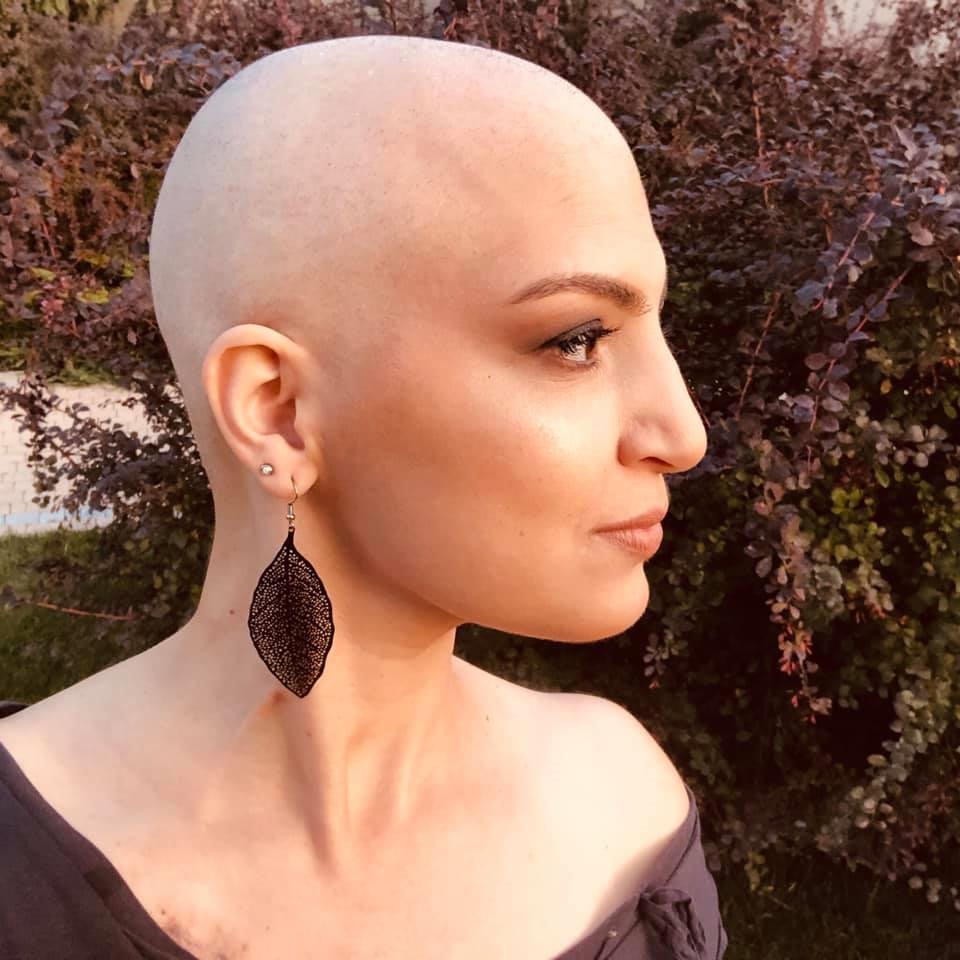
“Everyone said: ‘How beautiful you are, how strong you are, your strength saved you’,” Astghik recalls.
The reaction of women who, like her, were treated for cancer, made her think about how to support them in turn. Astghik organized a photo shoot for a group of women undergoing chemotherapy. And these photos also got a big response on social media.
“I wanted them to also have beautiful photos from cancer treatment, so that they can look at themselves from the outside and see that they are also beautiful, they can also be strong,” she says.
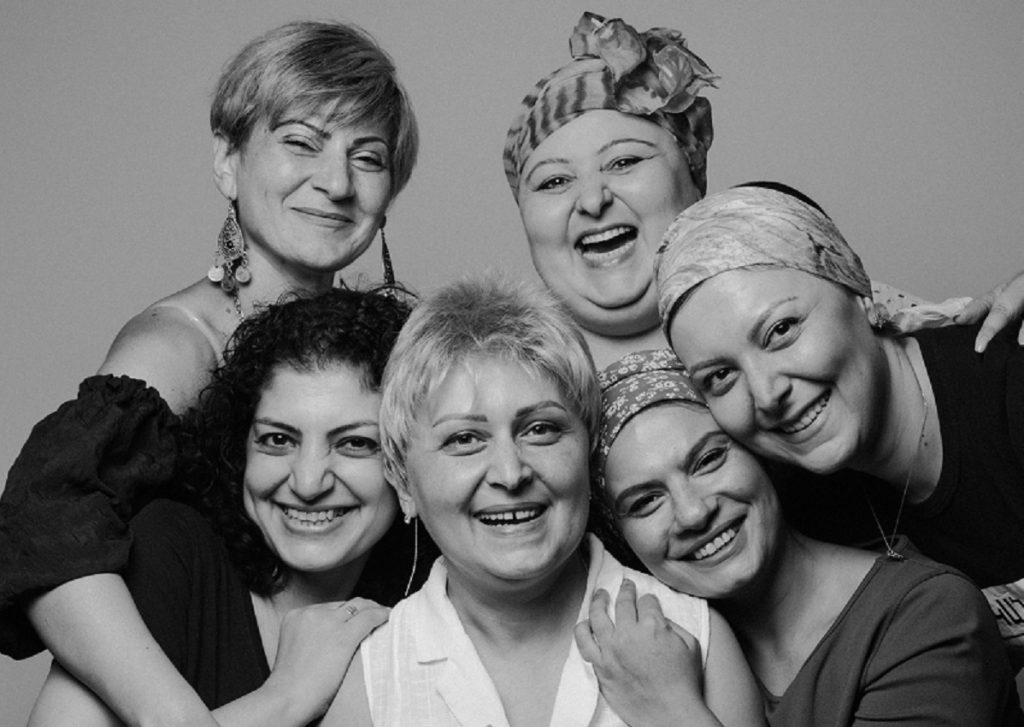
Heal and help others
In order to do something more for people facing cancer, Astghik started a Facebook group, where cancer patients not only share their problems and useful information, but support each other.
“When I was diagnosed with cancer, I had no information about the disease. I tried to find information, to hear the opinion of people who had this problem. Very soon I realized that there was no Armenian resource where I could communicate with people with similar problems. That’s when the idea to create a Facebook group came up,” she says.
Astghik is not the only one who, in parallel with the course of cancer treatment, tried to help people who found themselves in the same situation. At one time, Ani Aikuni did the same. In 2015-2019 during her treatment she founded the Ani Aikuni Cancer Treatment Support Fund, which provided financial support to cancer patients.
But for Ani, a graduate of Oxford University, this was not enough. With the support of the university and several foundations, she created the VANN app. It conducts online research and collects information about the disease itself and the impact of treatment methods on the quality of life of patients. The goal is to contribute to the effectiveness of treatment and the development of new drugs. The application also helps to form a community of people who are not indifferent to this problem, where they support and motivate patients.
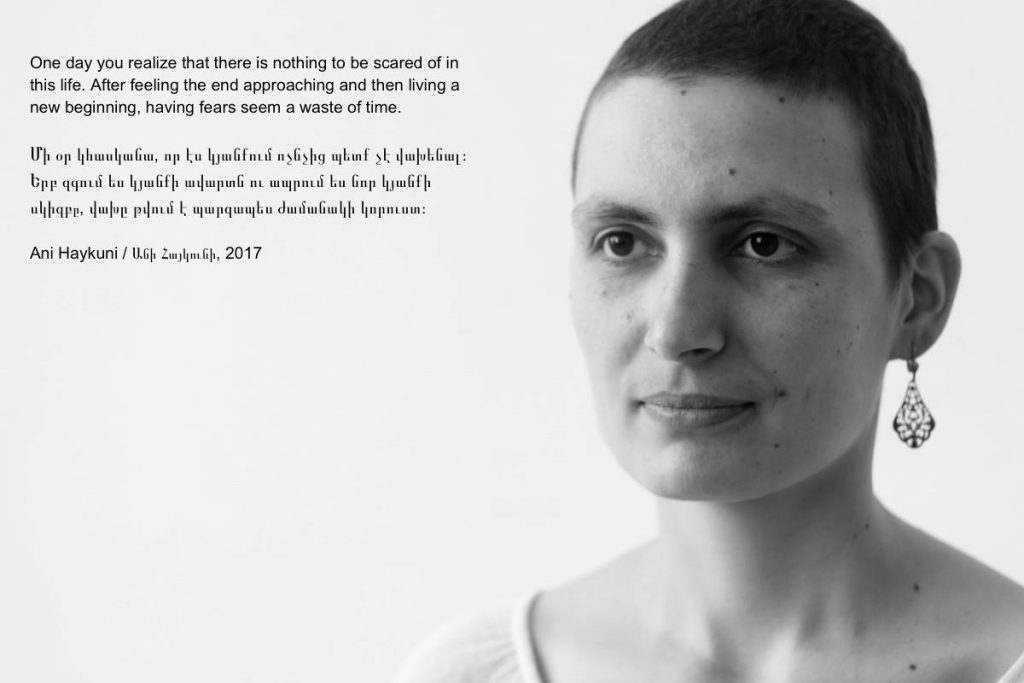
Ani underwent a long course of treatment, first in Armenia, then in the UK. She says that she did not even imagine how expensive treatment is in Armenia. Shortly after she was diagnosed with cancer, her family used up all their savings.
Friends came to the rescue, organized a fundraiser, collected $30,000. It was a big amount, and Ani was very grateful to everyone who transferred money, and this was the support of many people from around the world. But this amount was enough only for the initial stage of the treatment of the disease.
Later, when she entered Oxford University, she had the opportunity to continue her treatment in the UK. Here, she said, health insurance covered almost all costs associated with cancer treatment.
Armenia not ready to take on all the costs
Doctors confirm that state support for cancer patients in Armenia does not cover all items of expenditure.
“Compared to what it was 5-10 years ago, today the difference is huge. But we must understand that cancer is a disease that requires very expensive treatment. And in order to treat such diseases completely by state funding, you need to have a rich state.
Today the state takes over operations, radiation therapy – in whole or in part. As far as chemotherapy is concerned, there is still a gap – the state is not able to cover these costs,” Vahe Ter-Minasyan, an oncologist and head of the Department of Surgical Gynecology at the Armenian American Health Center, says.
Doctors hope that with the transition to universal health insurance, which is scheduled to be completed within four years, the situation will change.
So far, charitable organizations and foundations are trying to reimburse patients for that part of medical expenses not covered by the state system.
The City of Smiles Charitable Foundation, founded in 2014, provides financial assistance to those under 24. The Foundation organizes free treatment within the country for those with cancer and blood diseases.
More than 600 people have already received assistance, the fund’s director Esther Demirchyan says. During its existence the fund has allocated more than 1,400,000,000 drams [about $3.5 million] for chemotherapy, medicines and expenses for surgical interventions.
“For the treatment of one patient we provide an average of 2.5-3 million drams per year [about $6.3-7.5 thousand]. There are children who are annually allocated up to 20-30 million drams [about $50-70 thousand], but there are also those who need from one to two million drams [about $2.5-5 thousand]. It all depends on the child’s illness, the complexity of treatment, and age,” the director of the foundation says.
In addition to financial support, the foundation also conducts psychological work with parents and children.
“There are families who are silent about having a child with cancer. They consider it something shameful. As a result, many parents turn to us, having lost a lot of time. Very often by this time the disease is greatly complicated. There are times when parents do not realize the seriousness of the problem and want to take the child home, hoping that the village healer will be able to cure them,” Demirchyan says.
She believes that a psychologist’s input here is useful for both parents and children.
Lack of information reinforces stereotypes
Society needs comprehensive, complete and versatile information about oncological diseases, Astghik Zakaryan believes.
“The Ministry of Health should disseminate information, social videos, present human stories as much and as often as possible so that society understands the situation.”
Doctors also believe that society is not sufficiently informed about cancer and methods of their treatment. This problem is especially relevant in the provinces, Vahe Ter-Minasyan, an oncologist at the Armenian American Health Center, believes:
“Obviously, the screening services in the regional clinics are much worse, and patients from the regions are treated at much later stages. Talking about cancer, one important thing should be understood: cancer detected in the early stages is curable, the later the patient goes to the doctors, the less likely it is.”
“Although both the ministry and we are doing a lot of work in this direction, I think that there is still a lot to be done, especially in remote areas that are, as it were, cut off from the general flow of information,” Esther Demirchyan, director of the City of Smiles charity foundation, says.
Follow us – Twitter | Facebook | Instagram
Stories of cancer survivors










